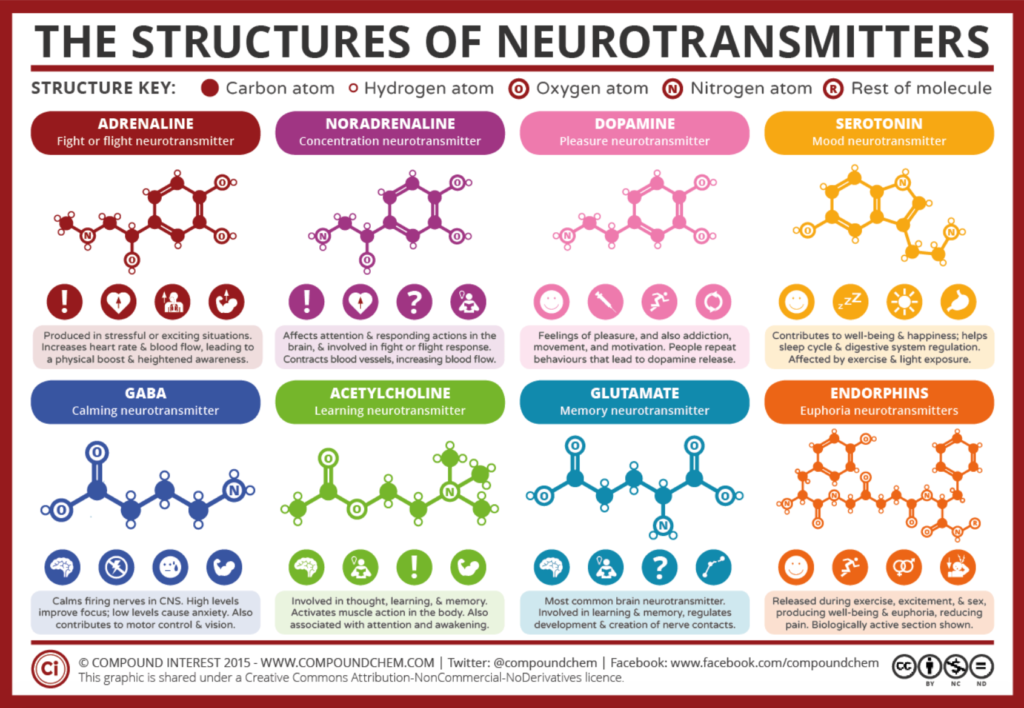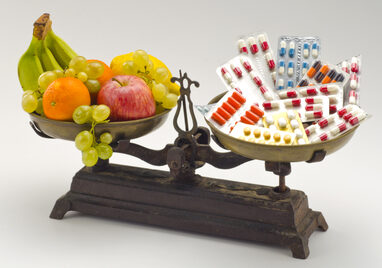What's On This Page?
ToggleWhat makes one person depressed and another happy? This article will explore that as well as how to boost mood.
Certain conditions are commonly associated with depression such as hypothyroidism, Crohn’s disease or colitis, migraines, diabetes, chronic infections, and cancer. Lifestyles such as drinking alcohol and smoking are correlated and the biggest secret of all is drug mugging! The way to restore lost nutrients is with a high-quality B complex! I’ll break it down today. Before I do, you may want to read, My Brother Was a Secret.
In my book Drug Muggers, I describe how drugs “mug” you of vital nutrients that you need to produce “happy” brain chemicals termed neurotransmitters. Today I’ll teach you what popular drugs lead to depression just by the mere fact they mug you of vitamins. No amount of antidepressant drugs will replenish the nutrient steal.
To Boost Mood You Need Neurotransmitters
There are three primary neurotransmitters in your brain, serotonin, noradrenaline, and dopamine. Serotonin is involved in emotion and mood control. Did you know that 95 percent of your serotonin is in your gastrointestinal tract, not your brain? Noradrenaline also is known as “norepinephrine” is involved in your ‘fight or flight’ response.
Dopamine is part of your inborn reward system which allows you to feel passion and pleasure. Neurotransmitters are made in the body every second and they depend on adequate levels of B vitamins which you can get from eating right and keeping your gut healthy.

Thiamine or B1 – The journal Neurology, showed a thiamine deficiency contributes to a decrease in serotonin which can lead to depression and anxiety, as well as weight gain. Drug muggers include antivirals, oral contraceptives, hormone replacement, raw oysters, antacids and antibiotics.
Niacin or B3 – Tryptophan is metabolized in your brain into 5-HTP (5-Hydroxytryptophan) and goes on to form serotonin and dopamine. You need niacin for this biochemical reaction to occur. Acid blockers, antacids, cholestyramine and loop diuretics are drug muggers. Just so you know, serotonin is broken down at night to form melatonin, which makes you sleepy.
Pantothenic acid – This B vitamin makes for healthy adrenal glands; it’s often low in people with hypoglycemia. Speaking of blood sugar, if you are looking for a good dietary supplement to support healthy blood sugar and metabolism, please consider my custom formula GlucoScript MAX.
Blood sugar abnormalities cause mood swings. You need this B vitamin to make noradrenaline as well as your memory molecule acetylcholine. Deficiencies in vitamin B-5 are tied to decreased alertness, fatigue, memory problems and depression. Acid blockers, cholestyramine, and antibiotics are drug muggers.
Pyridoxine or B6 – Pyridoxine is found primarily in beans, legumes, meat, eggs, fish and bread but you can’t eat enough to make adequate levels of serotonin and dopamine. By improving the production and function of serotonin and dopamine, you can reduce the severity of certain types of seizures, neuropathic pain, and Parkinson’s disease. Drug muggers are corticosteroids, oral contraceptives (estrogens), loop diuretics and antibiotics.
Folate or B9 – This is folate not “folic acid” by the way. Up to 70 of depressed people have a genetic ‘personality’ such that they have what’s called an “MTHFR” polymorphism or what we call an SNP (pronounced “snip”). This situation compromises your body’s ability to turn folate from your foods into L-methylfolate which you need to make neurotransmitters, especially your passion hormone dopamine. Drug muggers include metformin, fluoxetine, warfarin, oral contraceptives and high doses of niacin.
If you could take one supplement it would be a high-quality B complex vitamin because that would contain ALL the B nutrients listed above!
Practical Tips for Nutrient Replenishment
We often don’t realize the toll that everyday medications and habits can take on our bodies, especially when it comes to nutrient depletion. But don’t worry, replenishing these vital nutrients can be as simple as making smart dietary choices and being mindful of our lifestyles. Here’s how you can start:
Dietary Recommendations: To boost your levels of B vitamins, focus on incorporating whole foods like leafy greens, whole grains, and lean proteins into your meals. Foods like spinach, salmon, and chickpeas are not only delicious but packed with those mood-supporting nutrients. Aim to include a variety of these in your daily diet to help counteract nutrient loss.

Supplementation Guidance: Sometimes, diet alone might not meet all your nutrient needs, especially if you’re dealing with drug-induced depletions. In such cases, supplements can be a lifesaver. Opt for high-quality, reputable brands and consider seeking advice from a healthcare provider to ensure you’re choosing the right supplement and dosage. For example, a methylated form of folate is more bioavailable and beneficial if you have certain genetic predispositions that affect folate metabolism.
Lifestyle Modifications: Small changes can make a big difference. Reducing alcohol consumption and quitting smoking are not just good for your lungs and liver, but also help in retaining essential nutrients. Regular physical activity, even something as simple as daily walks, can boost your digestion and metabolism, helping your body to better utilize nutrients from food.
Understanding and Managing Drug-Nutrient Interactions
It’s crucial to understand how the medications you take may be robbing you of essential nutrients. This understanding can help you manage potential deficiencies and maintain your health. Here’s what you need to know:
Detailed Drug Interactions: Many common medications, including antacids and antibiotics, can deplete your body of vital nutrients like magnesium and B vitamins. For instance, antacids reduce stomach acid, which is necessary for B12 absorption. Similarly, long-term antibiotic use can disrupt gut flora, which plays a crucial role in synthesizing certain B vitamins.
Strategies to Counteract Drug-Nutrient Interactions: To combat the effects of drug mugging, try to take your medications at a different time than your supplements. This can help avoid direct interference with nutrient absorption. Always consult with your healthcare provider about the best timing and possibly adjusting your medication regimen to lessen these interactions.
Case Studies or Real-life Examples: Imagine a patient on metformin for diabetes management, commonly experiencing vitamin B12 deficiency. By recognizing the signs early—like unusual fatigue and memory troubles—they consulted their doctor, adjusted their supplement regimen, and managed to restore their vitality and mental clarity. These real-life examples underscore the importance of staying informed and proactive about your health.
Summary
In today’s article, we have explored the complex relationship between mental health, nutrient levels, and medications. Many common conditions, such as hypothyroidism and diabetes, are linked with depression, as are lifestyle choices like alcohol consumption and smoking. If you happen to have a copy of my book “Drug Muggers,” you would know how commonly prescribed medications can significantly deplete essential nutrients that our brains need to produce mood-regulating neurotransmitters like serotonin, dopamine, and noradrenaline.
I hope the practical tips I’ve shared to on how to replenish these vital nutrients. By understanding the nutrients necessary for better mental health (and sleep) and recognizing how your medications might deplete these nutrients, you can take proactive steps to enhance your well-being. My information is intended to be empowering. Please use my search box to find other articles on mental health.

Suzy Cohen, has been a licensed pharmacist for over 30 years and believes the best approach to chronic illness is a combination of natural medicine and conventional. She founded her own dietary supplement company specializing in custom-formulas, some of which have patents. With a special focus on functional medicine, thyroid health and drug nutrient depletion, Suzy is the author of several related books including Thyroid Healthy, Drug Muggers, Diabetes Without Drugs, and a nationally syndicated column.


